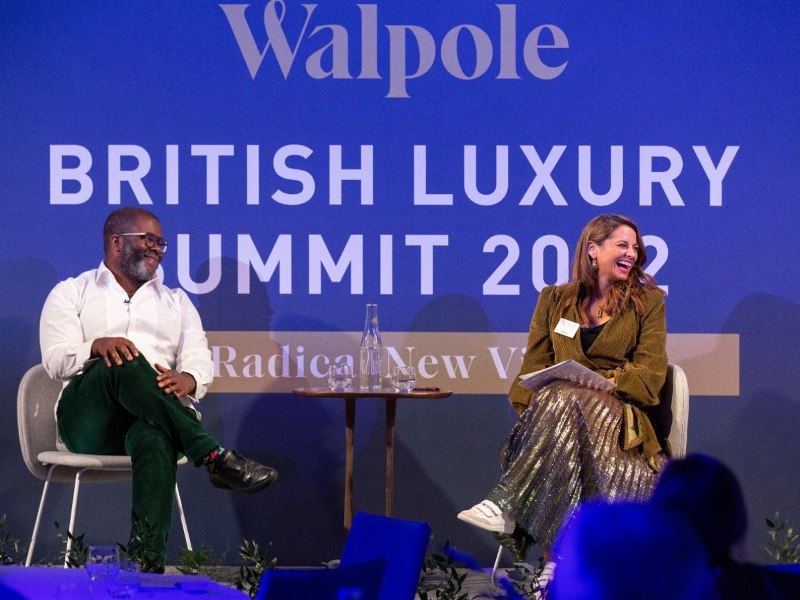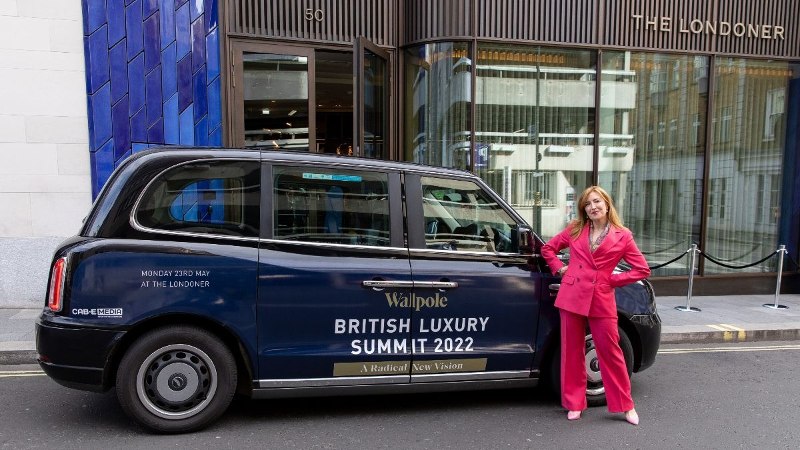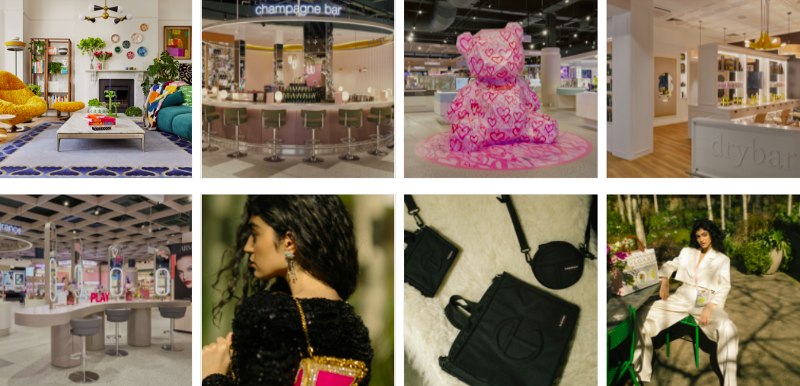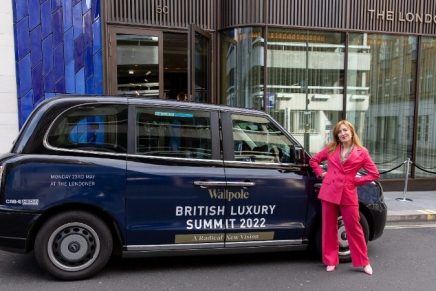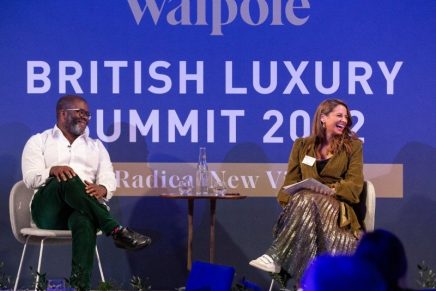How can we enable the return of the luxury tourism sector? Walpole’s 2022 insight report outlines the economic impact of luxury tourism on Britain’s economy and government action needed to ensure UK recovery matches European counterparts. Walpole, which includes Burberry, Harrods, Claridge’s and V&A amongst its members, is calling for reintroduction of the VAT RES scheme, which could result in direct retail sales of at least £1.2bn and attract an additional 600k visitors.
Walpole, the official body for the UK’s luxury goods sector, launched new report – ‘What It’s Worth: Enabling the Return of the £30bn High-End Tourism Sector’.
Walpole has published a new insight report that outlines the economic impact of luxury tourism on Britain’s economy and sets out a series of policy and promotional recommendations to encourage the full return of this multibillion-pound sector including reinstating tax-free shopping if the UK is to rival European recovery.
The UK and Europe is the undeniable home of global luxury.
With its rich history and culture and desirable high-end hospitality and retail industries, the continent holds an extraordinary appeal for affluent international visitors. But what is the economic impact of this segment and how do we capitalise on the UK’s opportunity to attract high-spending visitors to regain our advantage as the world’s number one luxury tourist destination? These questions and more are explored in Walpole’s latest report What It’s Worth: Enabling the Return of the £30bn High-end Tourism Sector.
The report, which was launched at Walpole’s British Luxury Summit, and includes testimonies from Gleneagles, Goodwood, Harrods, Historic Royal Palaces, Iconic Luxury Hotels, The Macallan and Wedgwood, outlines the role that tourism played in Britain’s economy pre pandemic, where tourism, both domestic and international combined, contributed to 4 per cent of GDP and had an overall value of £85bn. £30bn of this value was attributed to ‘high-end tourism’ defined as those who stay in luxury accommodation including five-star hotels.
These high-end visitors typically spend 14x more than the average visitor, amounting to around £30bn in economic value. £1 spent by those staying in high-end accommodation in the UK generates £8 of value in other industries, such as culture, entertainment and luxury shopping, which in turn supports the 160,000 jobs across the UK luxury sector.
Since Brexit and Covid however, Britain has undoubtedly lost its position as the favoured destination for high spending international tourists – largely due to the government decision to abolish tax-free shopping (the VAT Retail Export Scheme – VAT RES) in 2020, making Britain the only European country not to offer tax-free shopping to non-EU tourists.
This has resulted in a significant shift for international visitors, who are heading to France, Italy and other EU destinations over the UK and is already reflected in the UK’s international visitor retail spend post-Covid. The report outlines the extent to which that UK is falling behind other European countries in attracting back high-spending international visitors from the Gulf and US.
Beyond the economic impact and policy recommendations, which also include reforming visas and extending Sunday trading hours in the West End and Knightsbridge, the report underlines the strength and importance of the high-end tourism eco-system and the halo effects to other industries. High-end tourism creates a virtuous circle with a knock-on effect across retail, hospitality, culture, art, all of which work together in symphony to create extra value for the economy and drive the desirability of Great Britain as a destination. It also examines the key drivers of high-end tourism and explores some of the characteristics of high-spending tourist and their motivations for travel.
Prior to launching this week’s report Walpole, in partnership with its fellow luxury associations in the European Cultural & Creative Industries Alliance (ECCIA) commissioned Bain & Co (with support from Forwardkeys, Global Blue and Virtuoso Travel) to produce a pan-European study, High-end Tourism – A Strong Driver For Europe, which explores the impact and value of high end tourism to the European economy. The report has been produced under the Presidency of Altagamma (Italy) and the full report will be published by ECCIA in summer 2022.
Walpole’s report draws on the key data points and insights from the European research and includes British case studies and UK specific recommendations to support the return of high end tourism in to this country. What It’s Worth: Enabling the Return of the £30bn High-end Tourism Sector will also be used to support broad-reaching engagement with MPs, parliamentarians and other political stakeholders to promote the role of high-end tourism in the UK and call for the policy changes outlined within.
Walpole CEO Helen Brocklebank said: “To say that it has been a challenging few years for the UK tourism industry would be an understatement, however we are now in a position where the UK can open its doors to the world and welcome back international tourists – especially those high-end tourists who are looking to spend in ourluxury hotels, restaurants, shops and cultural venues up and down the country, all the while aiding economic growth and job creation. By doing this, we can work together to make the UK the destination of choice for those looking to travel post-Covid and fuel the UK’s long-term recovery.”

